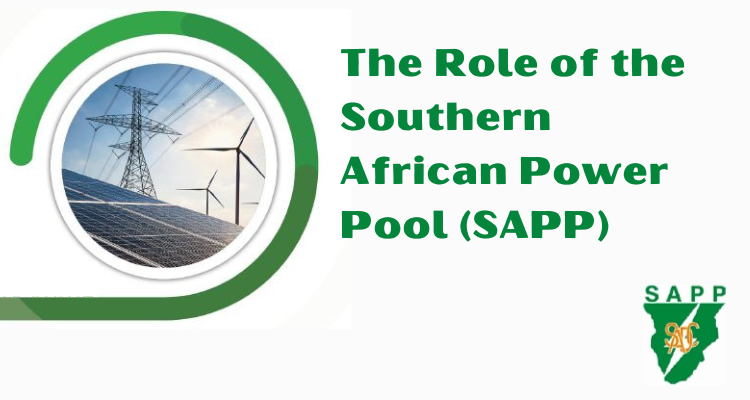
The Southern African Power Pool (SAPP) is a cooperative organization of national electricity companies in Southern Africa, operating under the auspices of the Southern African Development Community (SADC)1. Formed in August 199512, SAPP’s primary aim is to provide reliable and economical electricity supply to the consumers of each of its member countries3.
A Common Power Grid and Market
One of the significant achievements of SAPP is the creation of a common power grid between their countries and a common market for electricity in the SADC region1. This common grid allows for the sharing of resources, leading to more efficient use of energy and potentially lower costs for consumers.
Increasing Accessibility to Rural Communities
A key goal of SAPP is to increase the accessibility of electricity to rural communities1. As it stands, only 5 percent of rural areas in Southern Africa have access to electricity1. The lack of electric power impedes access to clean water, limits the availability of food, and constrains access to clean, sustainable sanitation1.
In 2010, SADC passed the Regional Energy Access Strategy and Action Plan, which aims to combine regional energy resources as a means of ensuring the entire SADC region has access to affordable, sustainable electricity1. The plan’s goal is to reduce the number of people in the region without access to energy by 50 percent in the next ten years1.
Facilitating Electricity Trading
SAPP also plays a crucial role in facilitating electricity trading amongst its member utilities4. It established the Short-Term Energy Market in April 20012. From January 2004, SAPP started developing a competitive electricity market for the SADC region2. The day-ahead market (DAM) was established in December 20092. In 2015, the SAPP trading platform was upgraded with Forward Physical Markets and the Intra Day Market2.
Future Plans
Recognizing the benefits of regional integration, SADC countries established SAPP with a mandate to provide non-binding regional masterplans to guide electricity generation and transmission infrastructure delivery5. These plans aim to develop sustainable development priorities and coordinate the planning of electric power1.
In conclusion, SAPP plays a vital role in shaping the energy landscape in Southern Africa. By fostering cooperation between national electricity companies, it helps ensure a reliable and economical supply of electricity. Its efforts towards increasing accessibility to rural communities and facilitating electricity trading are commendable. As we look towards a future where sustainable and accessible energy is paramount, organizations like SAPP will undoubtedly play an increasingly important role.



.png)
.png)